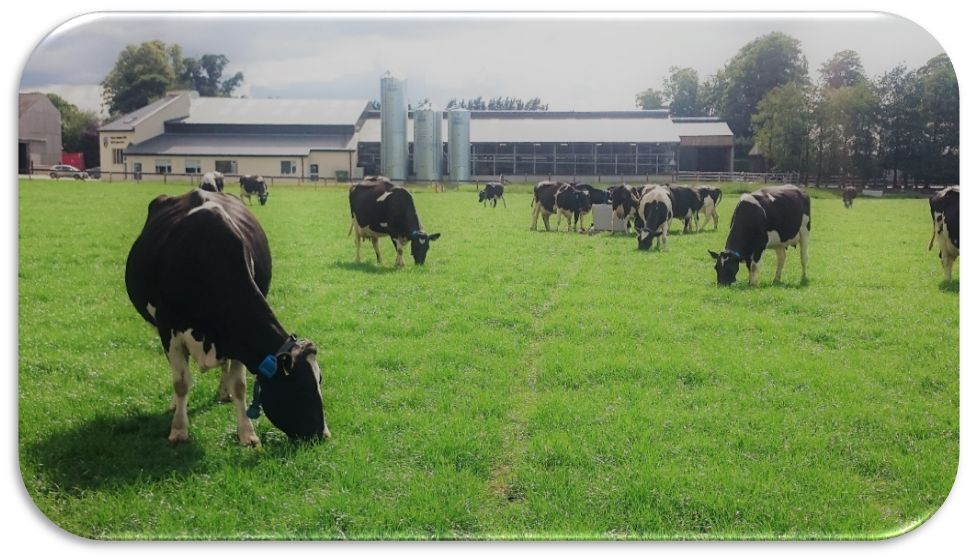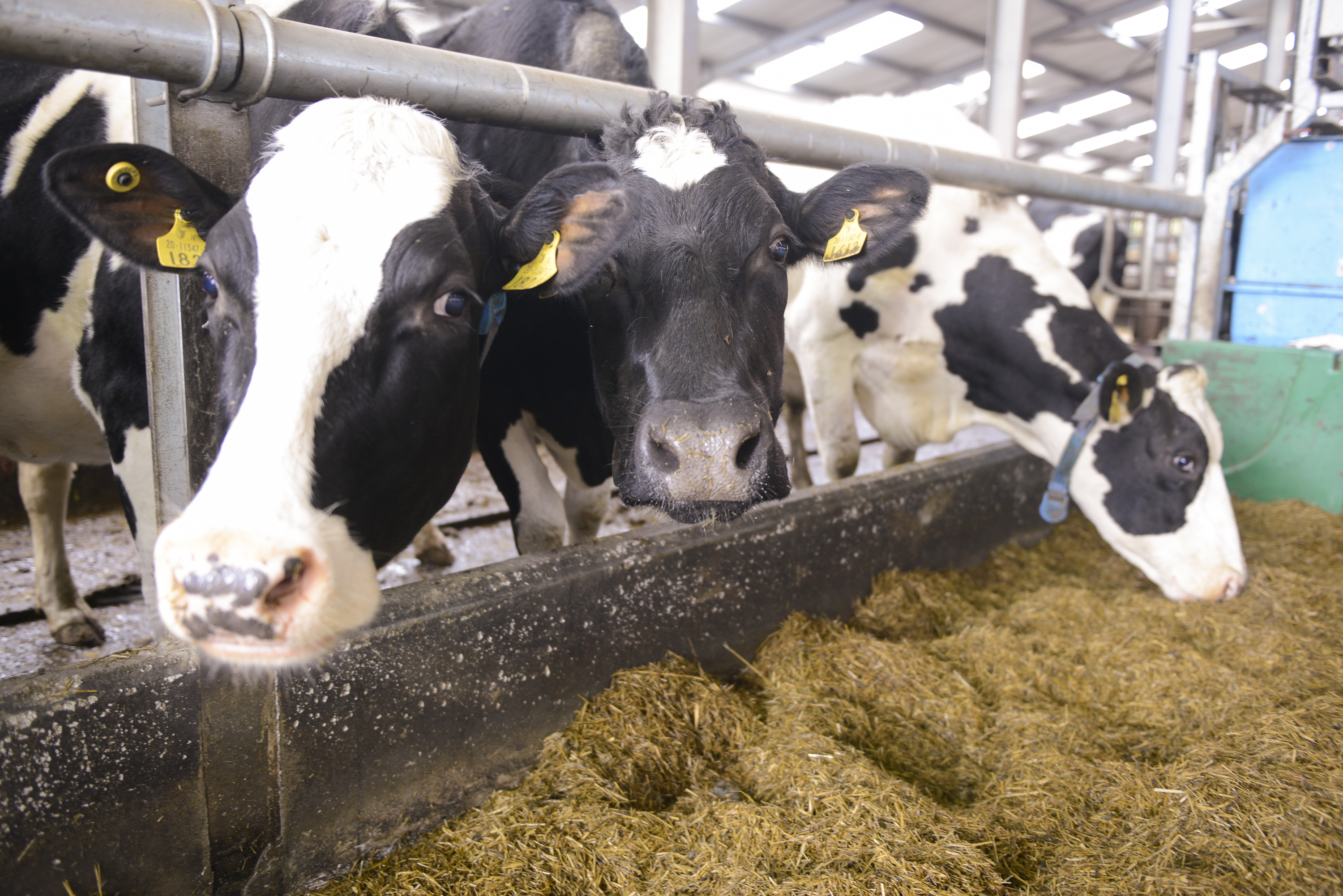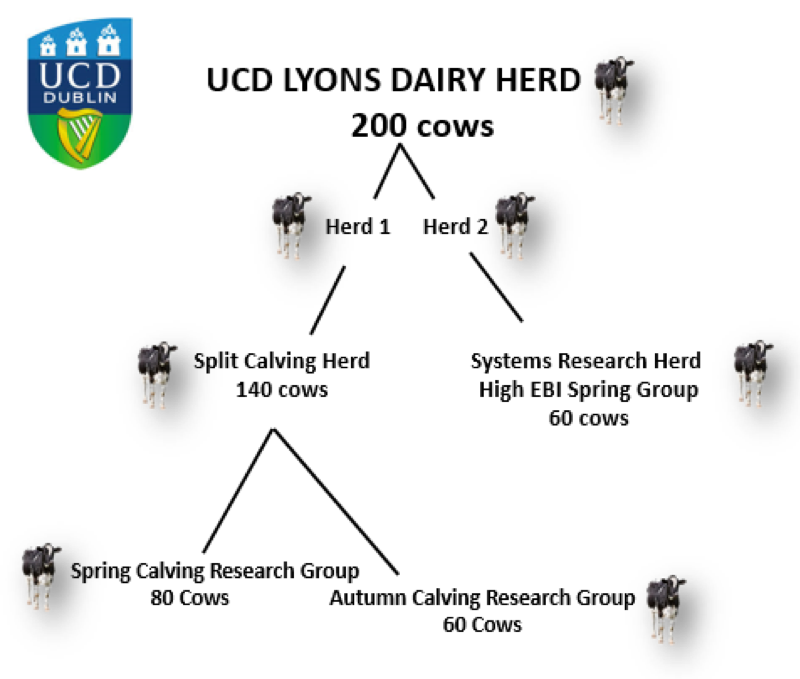Introduction
NutriGen aims to improve the current understanding of the complex interactions between genetics and nutrition in the high yielding dairy cow. The main objectives of the project are to identify key drivers of feed efficiency and energy balance in high yielding dairy cows and the evaluation of the impact of various nutritional strategies and genetic traits on dairy cow performance in a seasonal grass based system of milk production. This will be tested through a combination of desktop studies utilising existing research data and dairy cow nutrition experimentation to examine short and long term implications. This new knowledge will strengthen national capacity with immediate application to farm advisors, farmers and relevant policy makers. A bio-economic model will be developed with the ability to conduct a detailed financial evaluation of the likely economic impact of the investigated strategies and the results will be disseminated to key stakeholders.
Rationale
FoodWise 2025 has targeted an increase in the value of agri-food exports to €19bn (+85%), increase in primary production value to €10bn (+65%), increase in the sectors value to the economy to over €13bn (+70%) and creation of 23,000 additional jobs from farm to fork. The growth of dairy production will be key in supporting growth in exports from €10b (2013) to €19b (2025) annually. This expansion,underpinned by research and development and facilitated by the abolition of EU milk quotas in 2015, will result in real opportunities for the expansion of the dairy industry; not only at primary producer level but also at processor level.
Expansion at farm level can be achieved through adjustment of a number of factors such as acquisition of additional land, increased cow numbers, stocking rate, output per cow via cow genotype and strategic supplementation. The optimum production system is that which results in the greatest profit per unit of the most limiting input, which in a grazing system is land (Ramsbottom et al., 2015). Therefore, identifying the dairy production trait responses to nutritional management across varying genotypes is crucial.
Recent research has shown that specific nutritional management of dairy cows producing 7000-7500 litres of milk in early lactation can reduce the duration of the primary early lactation negative energy balance and positively alter the metabolic status of these animals early in the lactation. However, the longer term benefits of these practices on full lactation performance, efficiency of utilisation of feed intake, fertility and health status at grass remains unknown.
High yielding dairy cows have a higher requirement for energy intake and in a grass based system optimising grass intake whilst following best practise guidelines for pasture management can be a challenge. In addition problems with milk quality (processability) are more pronounced in a seasonal system and issues of milk quality in late lactation is an area of concern. Also, there is much debate about the correct supplementation strategies and also the response of various cow genotypes in late lactation.
Therefore, there is a requirement to deepen knowledge on the interaction between genotype and nutrition with particular reference to adequate nutrition of the high yielding dairy cow at the shoulders of the milk production cycle to optimise feed efficiency, energy balance and productivity in a seasonal grass based system of production.
Project Tasks
| Task No. |
Title |
| 1 |
Identifying drivers of feed efficiency and energy balance during early lactation, and their interactions with genotype and nutrition |
| 2 |
Nutritional strategies to reduce the severity and duration of negative energy balance and the associated negative metabolic status in high yielding dairy cows in a high input grass-based system |
| 3 |
Optimising grass dry matter intake in early lactation of high yielding dairy cows |
| 4 |
Supplementation strategies for grazing spring calving dairy cows of differing genotypes in autumn |
| 5 |
The effect of genetic strain of Holstein Friesian dairy cows in a high input grass based system on production traits |
| 6 |
A bioeconomic analysis of the impact of genotype and nutrition of high yielding dairy cow in grass based systems |
| 7 |
Implications of concentrate supplementation strategy at pasture and its interaction with genetic merit (EBI) on milk production, feed intake, intake capacity, energy balance, feed efficiency and energy partitioning over successive lactations. |
| 8 |
Dissemination |
Task application and integration
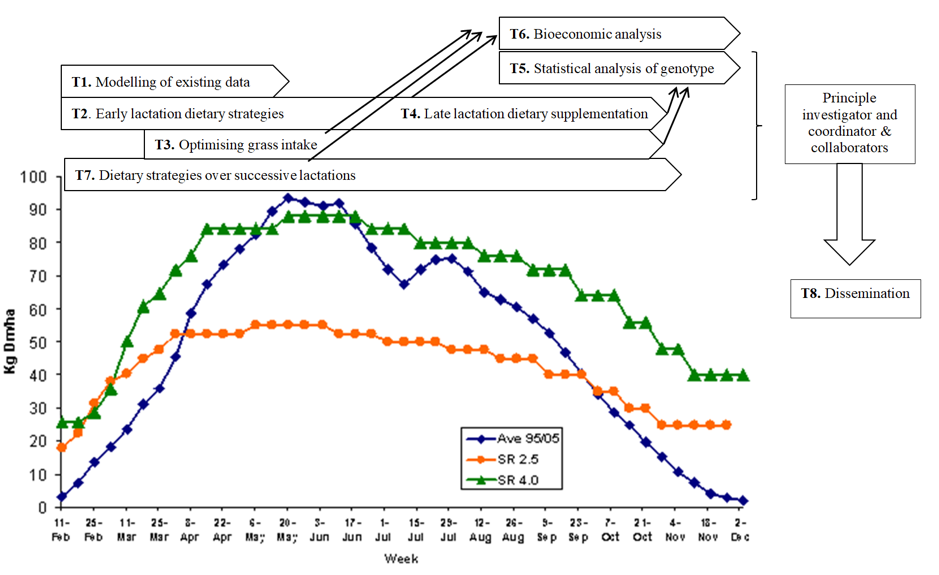
Key stake holders who will benefit from the research outputs of this project:
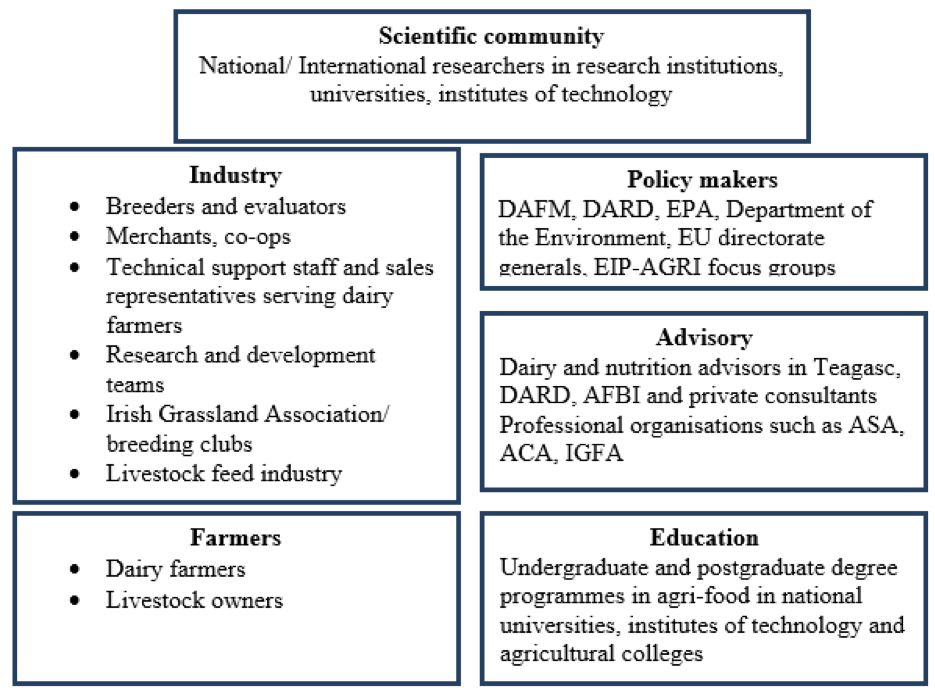
Research Team
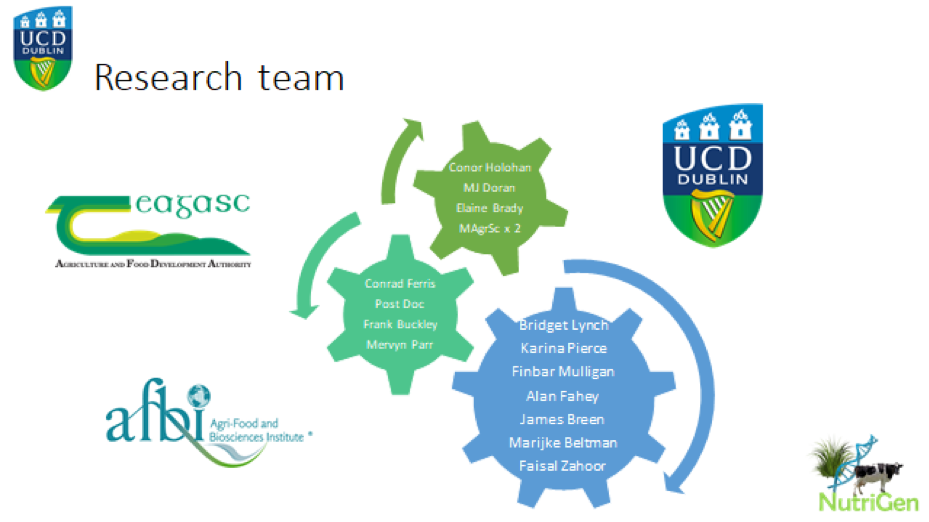
This research project is very much a team effort with significant input from Dr. Bridget Lynch, Prof Finbar Mulligan, Prof. Karina Pierce, Prof Alan Fahey, Dr. James Breen, Dr Michael Wallace, Prof. Marijke Beltman, Dr. Conrad Ferris, Dr. Frank Buckley, Dr. Mervyn Parr, Ben Lahartand the farm staff at Lyons, especially the Dairy Manager Michael Clarke and the Farm Manager, Dr Eddie Jordan, Assistant Coordinator Dr Faisal Zahoor and post graduate students Elaine Brady, Conor Holohan and M. J. Doran.
Funding and acknowledgements
NutriGen is funded by Department of Agriculture Food and Marine, Ireland and the Department of Agriculture Environment and Rural Affairs, Northern Ireland. The major institutions involved in the project are UCD, Teagasc and AFBI.

